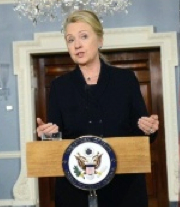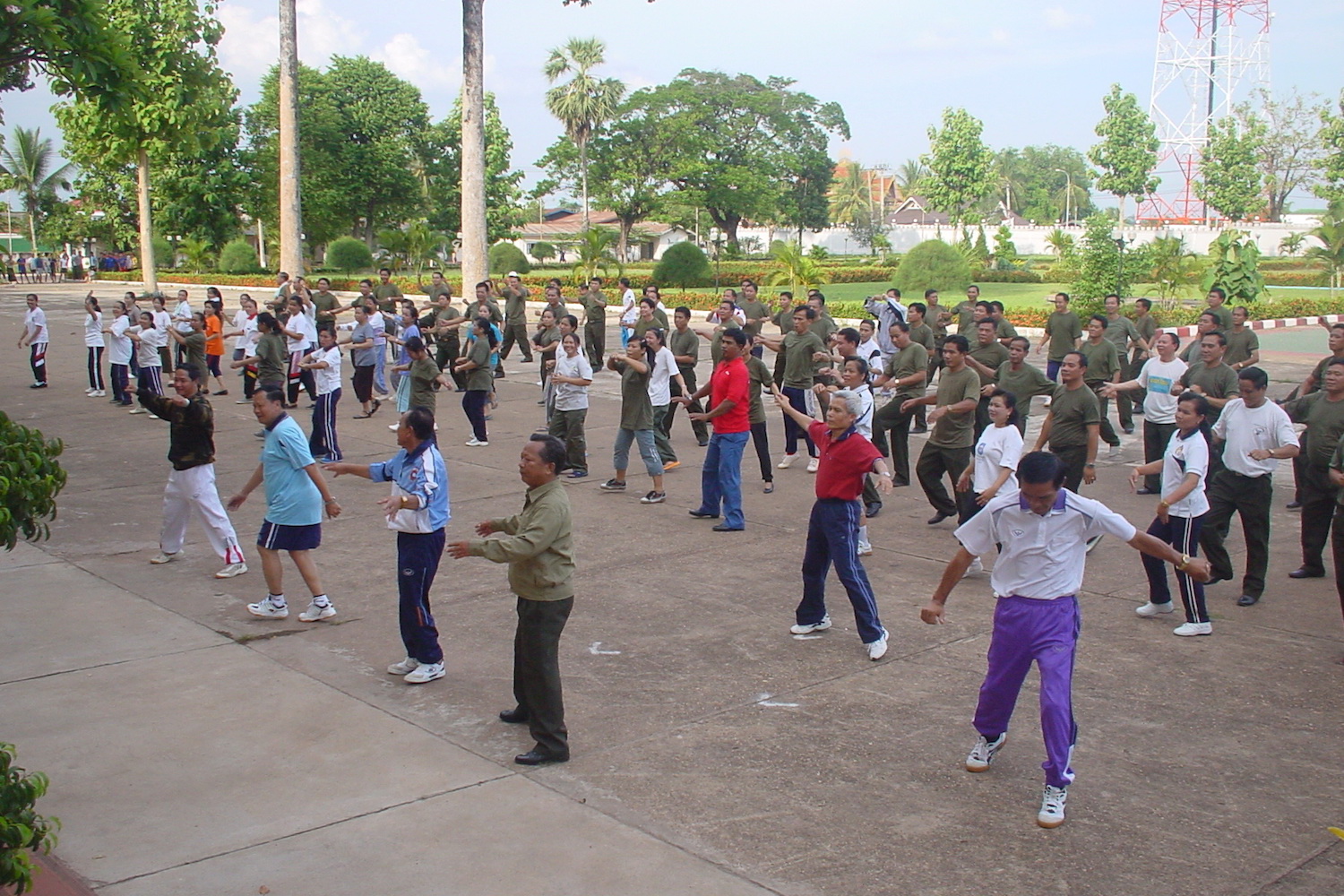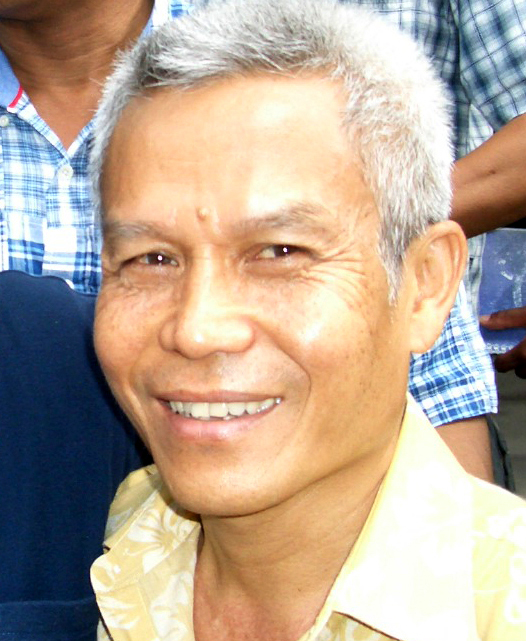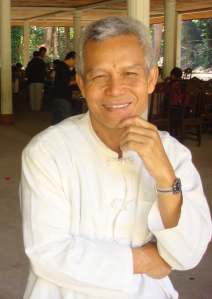With Laos Disappearance, Signs of a Liberalization in Backslide
New York Times: 10 January 2013
 VIENTIANE, LAOS — He was last seen driving home in his old, rusty jeep. And then he vanished.
VIENTIANE, LAOS — He was last seen driving home in his old, rusty jeep. And then he vanished.
The disappearance nearly one month ago of Sombath Somphone, a U.S.-trained agriculture specialist who led one of the most successful nonprofit organizations in Laos, has baffled his family and friends and raised alarms that a nascent liberalization of the Communist-ruled country could be sliding backwards.
Mr. Sombath, 60, who won many awards for his public service, was known to be nonconfrontational and adept at forging compromises with the authoritarian government of Laos.
“We have no malice against the government,” said Ng Shui Meng, Mr. Sombath’s wife, who is from Singapore and met Mr. Sombath while they both studied in the United States. “We want to live our lives quietly.”
The disappearance has set off an enormous campaign by Mr. Sombath’s large network of friends and aid workers across Southeast Asia who know him from his development work. The campaign has put Laos, an obscure country run by an opaque Communist party, under increasing pressure to provide answers.
The country has taken halting steps to modernize its one-party system in recent years but has also cracked down on dissent, and its security services have been linked to a series of politically motivated assassinations in neighboring Thailand.
Paradoxically for the Lao government, it is a network of cameras that the municipal police installed over the past three years to monitor “anti-social behavior” that have pointed to signs of the government’s involvement in Mr. Sombath’s disappearance.
Helpful workers at a local police station initially showed the family images of Mr. Sombath’s jeep stopped at a police checkpoint on the evening of Dec. 15. Mr. Sombath then appeared to be driven off in a white vehicle.
Family members had the presence of mind to record the footage with their own digital devices — crucial because the government now refuses to let them view the video again despite pleas by diplomats who would like to analyze it for clues like license plates. (The video is now circulating on YouTube and is also available at sombath.org, a site put up by Mr. Sombath’s friends and dedicated to tracing his whereabouts). Continue reading “The latest article fom New York Times”
 Mr. Sombath has worked tirelessly to promote sustainable development in Laos and he inspired a new generation of young leaders. He founded the Participatory Development Training Center, which trains Lao youth and local government leaders in community development and poverty reduction. His disappearance has generated a tremendous amount of concern from his family, friends and colleagues around the world. We urge his immediate return home and send our thoughts and prayers to his family and loved ones.
Mr. Sombath has worked tirelessly to promote sustainable development in Laos and he inspired a new generation of young leaders. He founded the Participatory Development Training Center, which trains Lao youth and local government leaders in community development and poverty reduction. His disappearance has generated a tremendous amount of concern from his family, friends and colleagues around the world. We urge his immediate return home and send our thoughts and prayers to his family and loved ones.


 VIENTIANE, LAOS — He was last seen driving home in his old, rusty jeep. And then he vanished.
VIENTIANE, LAOS — He was last seen driving home in his old, rusty jeep. And then he vanished.
